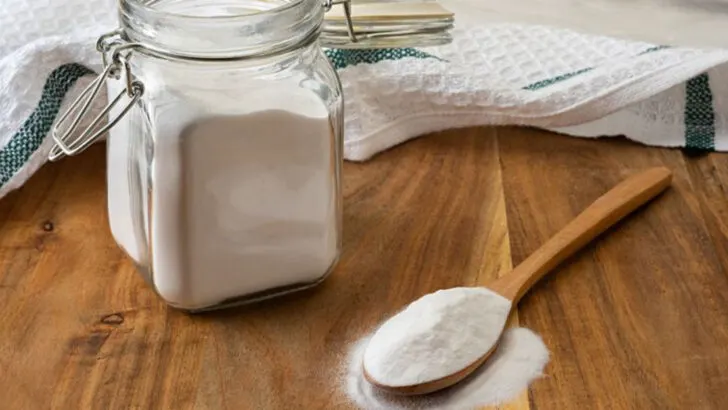Dealing with garden pests doesn’t always mean reaching for store-bought sprays. Sometimes the best solutions are already sitting in your pantry or fridge. From vinegar to coffee grounds, everyday ingredients can do a surprisingly good job of keeping unwanted bugs at bay, without loading your space up with chemicals.
A lot of these remedies come from trial, error, and a bit of old-fashioned advice passed down over the years. They’re simple, budget-friendly, and often pull double duty (who knew cinnamon could protect seedlings?). If you’ve got pests nibbling where they shouldn’t, these 15 natural fixes might be just the thing to keep your plants safe and your kitchen a little less cluttered.
White Vinegar
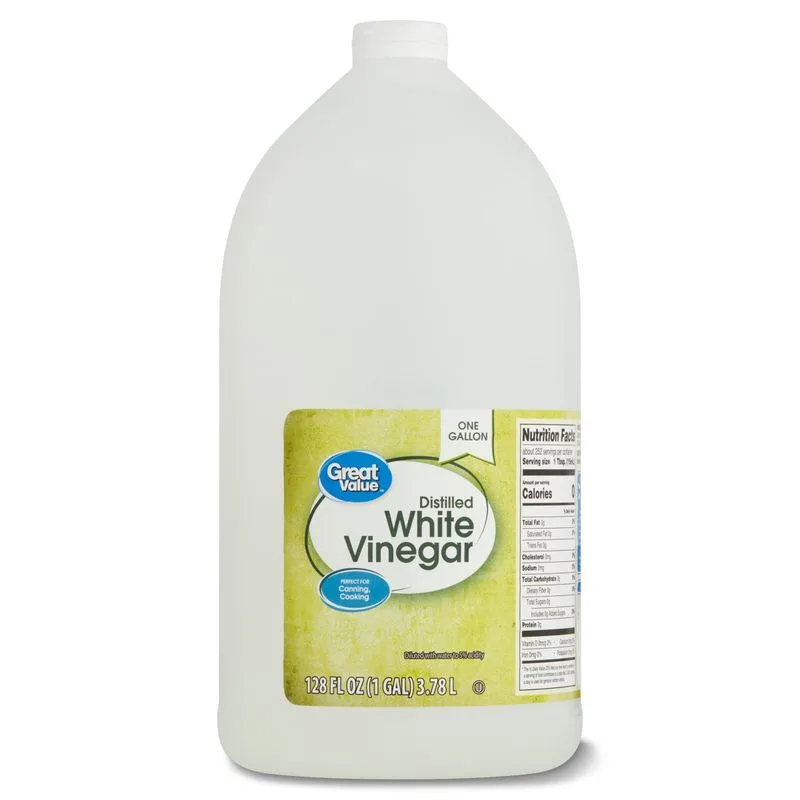
A staple in many households, white vinegar is more than just a cleaning agent. Its strong, pungent smell is a natural deterrent for ants and fruit flies. Place a small dish of vinegar where these pests frequent and watch them vanish.
Additionally, you can use it to clean surfaces where ants have traveled to erase their scent trails. The acetic acid in vinegar is what makes it so effective against these unwelcome guests.
Did you know? Vinegar’s use as a pest deterrent dates back centuries, making it a time-tested remedy.
Baking Soda
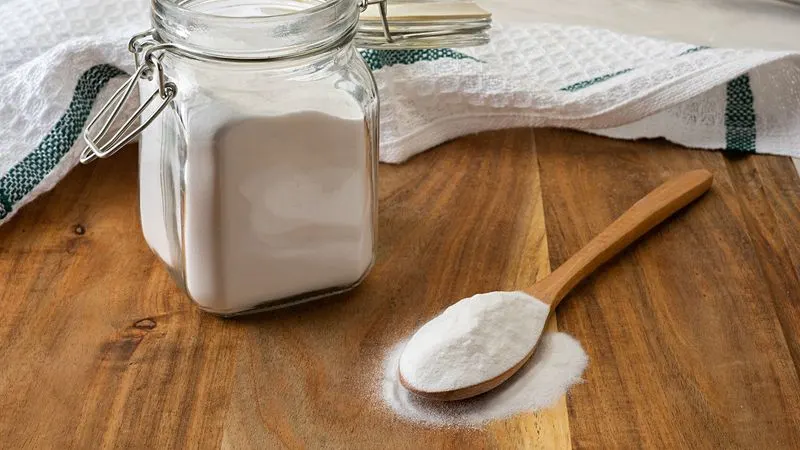
Baking soda is a versatile kitchen ingredient with powerful pest-repelling properties. Mixed with sugar, it becomes a deadly bait for cockroaches who ingest it.
The chemical reaction that occurs when they consume the mixture is lethal to them, helping to reduce their population naturally. Simply sprinkle the mixture in areas where roaches are seen.
Fun fact: This method not only controls the roach problem but also keeps your home chemical-free!
Cayenne Pepper
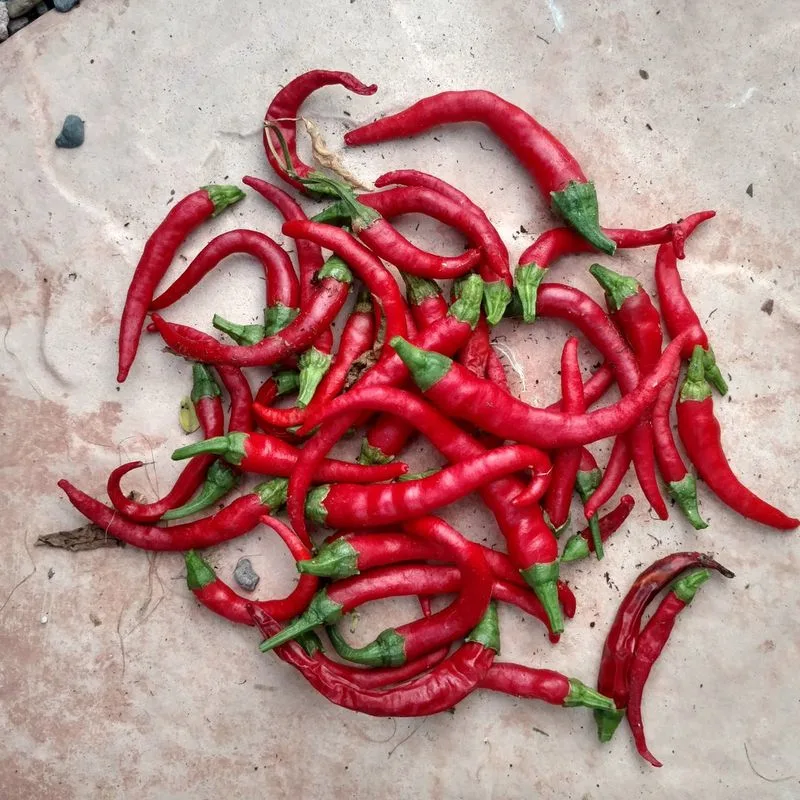
Spicy and robust, cayenne pepper isn’t just for adding heat to your meals. This fiery spice can deter mice and other rodents from invading your space. Sprinkle it in areas where you suspect rodent activity.
The strong scent and irritation it causes are enough to send these pests packing. Its natural properties make it a safe alternative to chemical repellents.
Did you know? Cayenne pepper has been used in traditional medicine for its circulation-boosting properties.
Lemon Juice
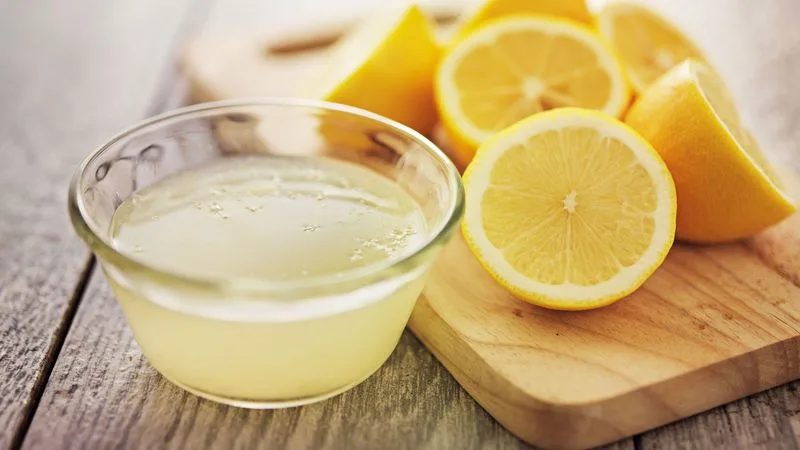
Refreshing and zesty, lemon juice does wonders beyond flavoring your water. Its acidic nature disrupts the scent trails left by ants, confusing them.
Spritz some freshly squeezed lemon juice around door frames and windows to keep these tiny invaders out. The fresh citrus smell also leaves your kitchen smelling delightful!
In history, lemon juice was often used in natural cleaning solutions for its antibacterial properties.
Cucumber Peels
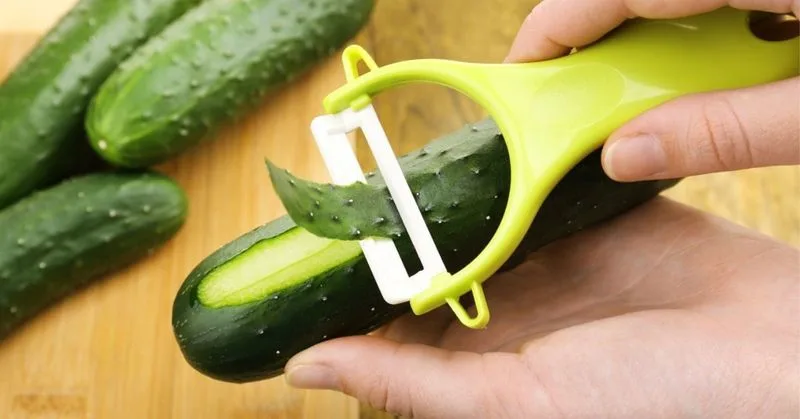
Surprisingly, cucumber peels can act as a spider deterrent. The bitterness of the peels is something spiders dislike, making it a natural way to keep them at bay.
Place the peels strategically around windowsills and entryways to ward off these eight-legged creatures. It’s an excellent use for cucumber remains you might otherwise discard.
Did you know? Cucumber has been appreciated for its cooling properties in skincare as well.
Garlic
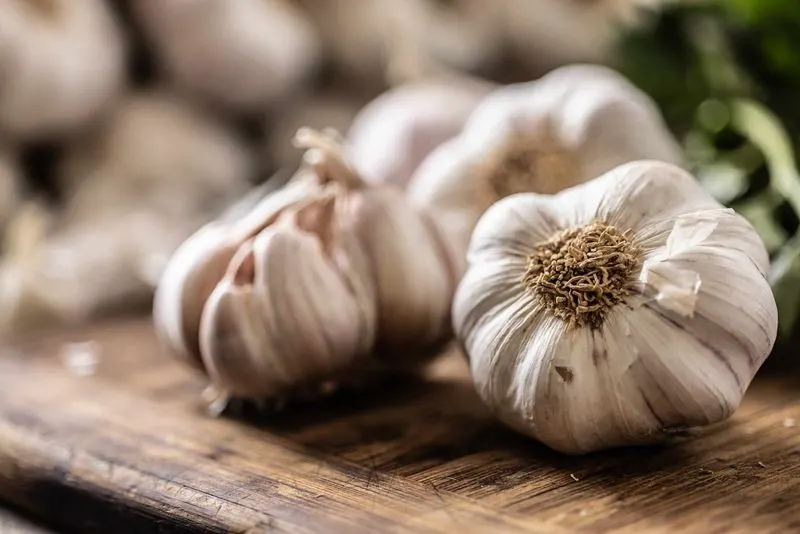
Garlic, known for its pungent aroma, is not a favorite among mosquitoes. Creating a garlic spray by boiling cloves in water can help keep these biting insects at bay.
The strong scent deters mosquitoes from entering your home, making it a natural alternative to chemical repellents. It’s an easy and effective solution for summer evenings.
Fun fact: Garlic has been used historically not just for flavoring dishes but also for medicinal purposes.
Mint Leaves
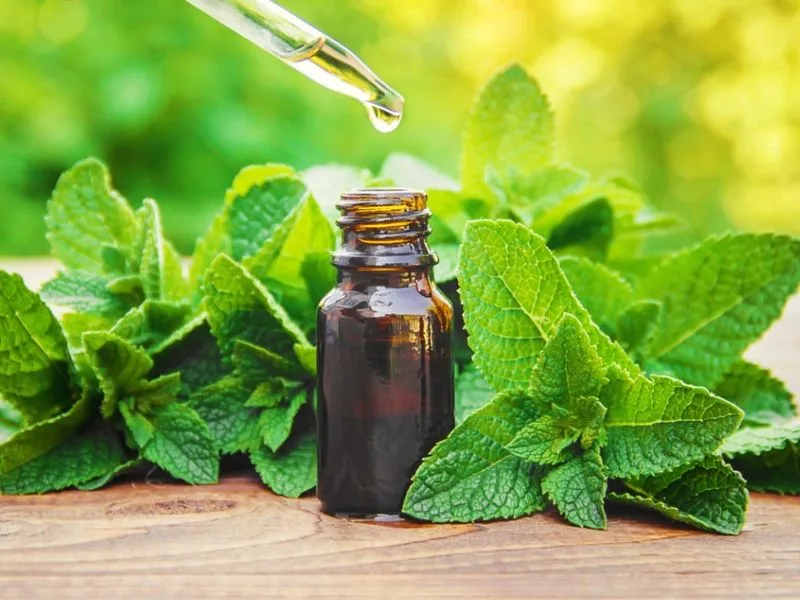
Mint leaves offer a fragrant and effective way to deter mice. The strong smell of mint is offensive to these pests, making them think twice about entering your home.
Placing fresh leaves or mint oil-soaked cotton balls in problem areas can help keep mice away. Plus, your kitchen will smell fresh and inviting!
Historically, mint has been used in herbal remedies for its soothing properties.
Bay Leaves
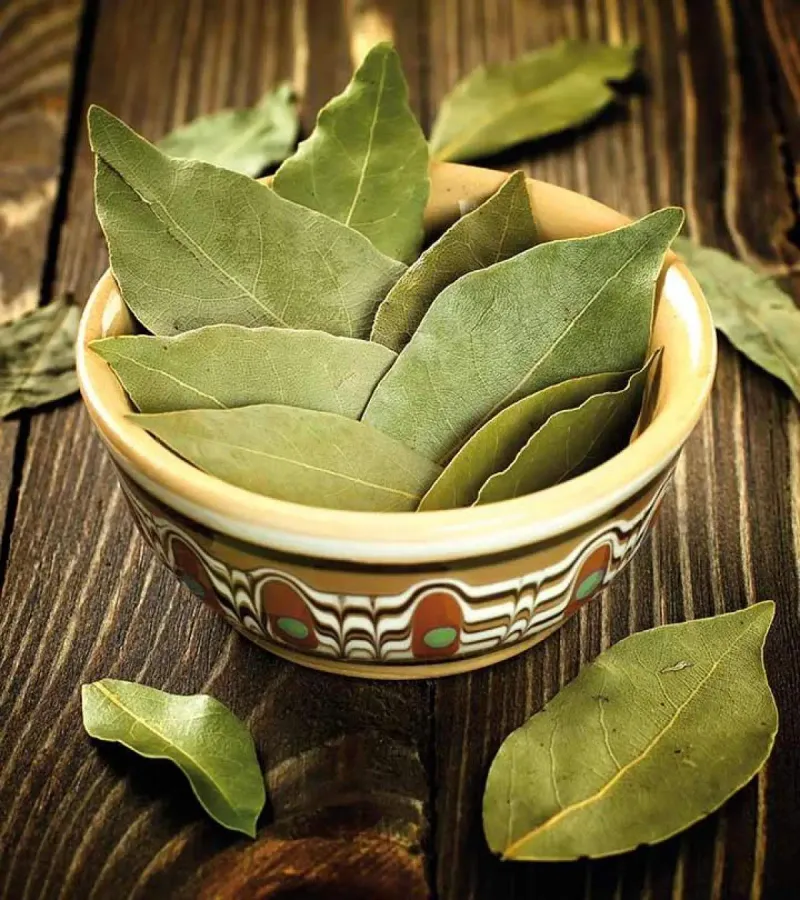
Bay leaves possess natural pest-repelling properties, particularly against pantry moths. These leaves emit a fragrance that moths find unappealing.
Placing bay leaves in your pantry or grain storage areas can prevent infestations. It’s a simple way to protect your food supplies naturally.
Fun fact: Bay leaves have been used in cooking and medicine since ancient times, valued for their aromatic essence.
Cinnamon
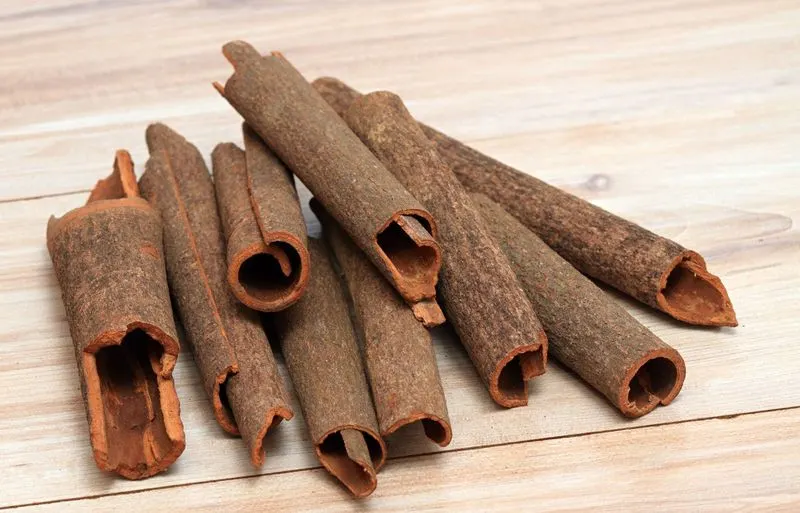
Cinnamon isn’t just for baking delicious treats; it’s also a great ant deterrent. The strong smell confuses ants, disrupting their trails.
Sprinkle ground cinnamon or place cinnamon sticks in areas where ants are present to discourage them from invading. It’s a natural and aromatic solution to a common problem.
Did you know? Cinnamon dates back to ancient Egypt, where it was used for embalming.
Cloves
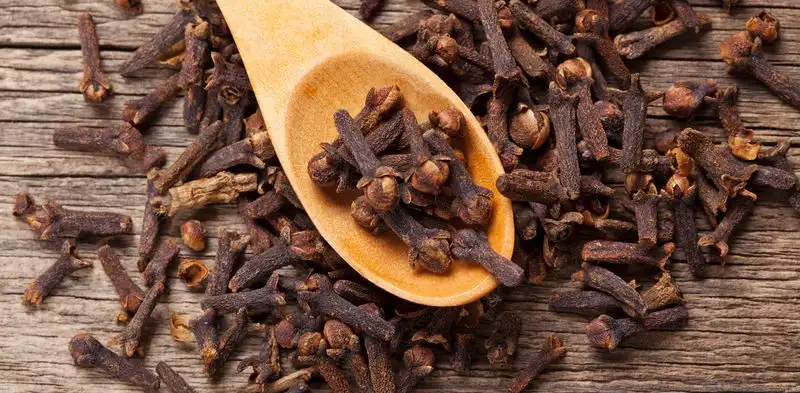
Cloves are more than a warm spice; they act as a natural repellent against fruit flies. The strong scent is off-putting to these tiny nuisances.
Scatter a few cloves near your fruit bowl to keep your produce safe from these pests. It’s an effective and aromatic way to protect your fruits.
In history, cloves have been prized in trade and used for their preservative qualities.
Coffee Grounds
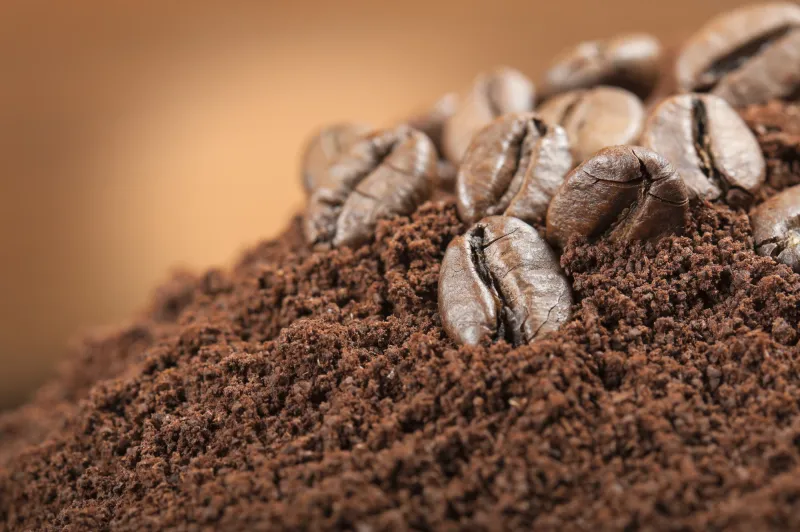
Coffee grounds, often discarded, are a secret weapon against slugs and snails. The texture and caffeine content are deterrents to these garden pests.
Sprinkle used coffee grounds around your plants to create a barrier. It’s an eco-friendly way to protect your garden while recycling waste.
Did you know? Coffee grounds can also enrich your soil, making them a dual-purpose garden ally.
Onion
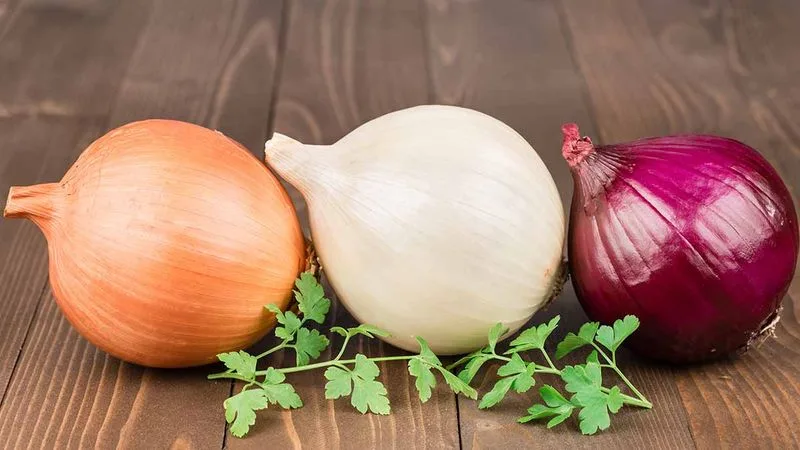
Onions, with their strong aroma, are more than kitchen staples; they can keep bees at bay. Leaving a sliced onion out can discourage bees from entering your space.
The scent masks the floral fragrances that attract bees, providing a peaceful, bee-free zone. It’s a natural method to manage bee presence during outdoor meals.
Fun fact: Onions were used in ancient Egypt as a symbol of eternal life.
Basil
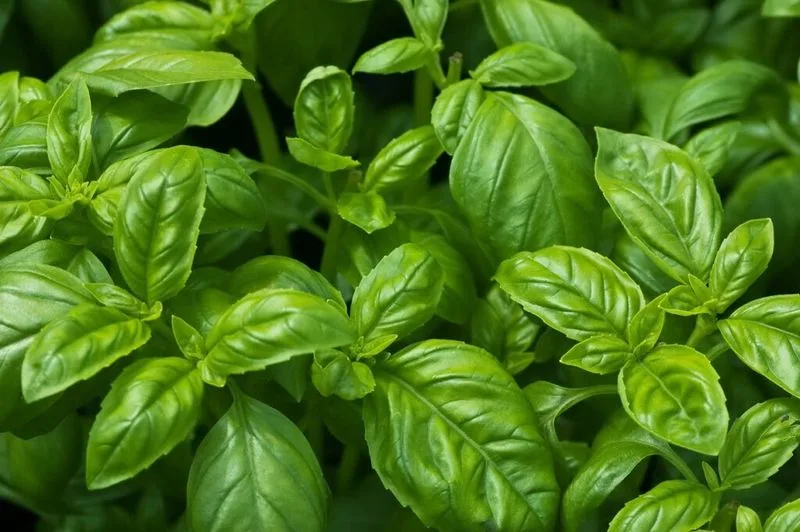
Basil, a fragrant herb, doubles as a mosquito deterrent. Its strong scent can keep mosquitoes away from your home or garden.
Grow basil on your windowsill or patio to enjoy its culinary benefits while naturally repelling pests. This dual-purpose plant is perfect for any home.
Historically, basil has been regarded as a symbol of love in some cultures.
Salt
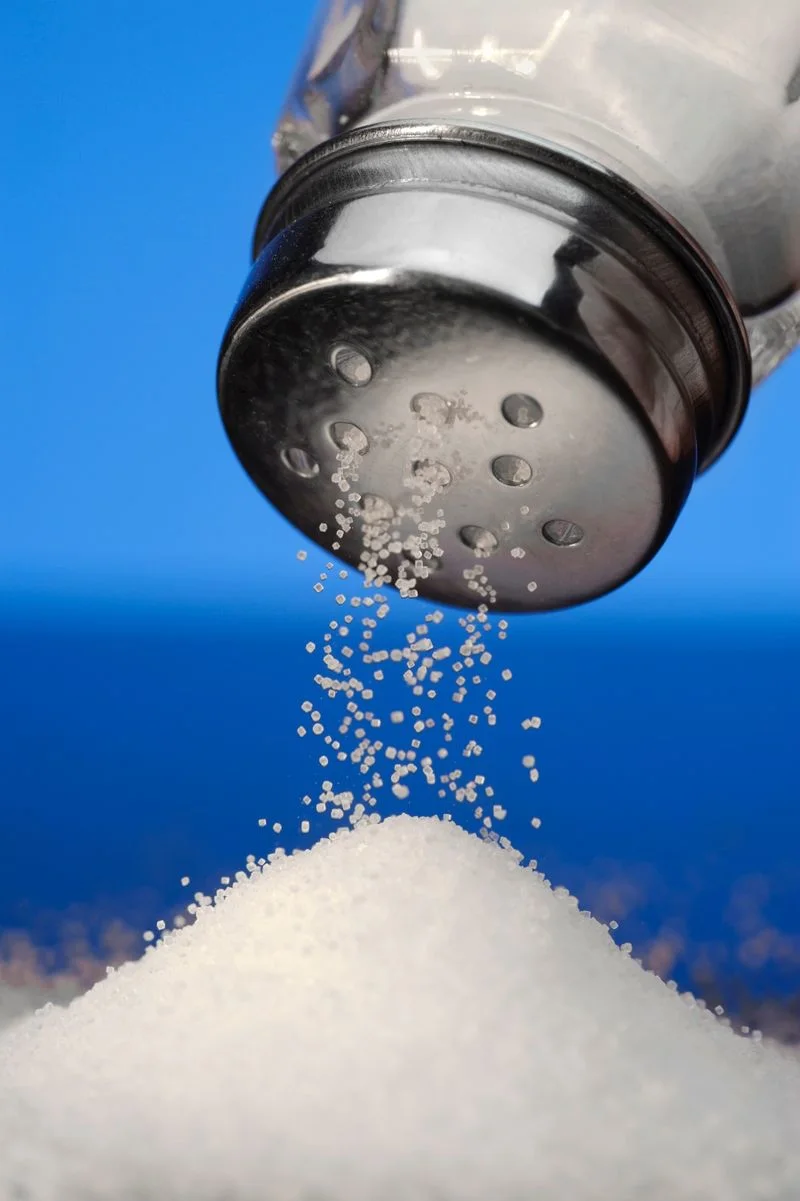
Salt, ubiquitous in cooking, has a surprising use as an ant deterrent. Sprinkling salt in entry points can keep ants from crossing.
The crystals create a barrier that is difficult for ants to navigate, making it a simple yet effective remedy for infestations. This natural solution is both accessible and affordable.
Did you know? Salt has been valued since ancient times as a precious commodity.
Apple Cider Vinegar
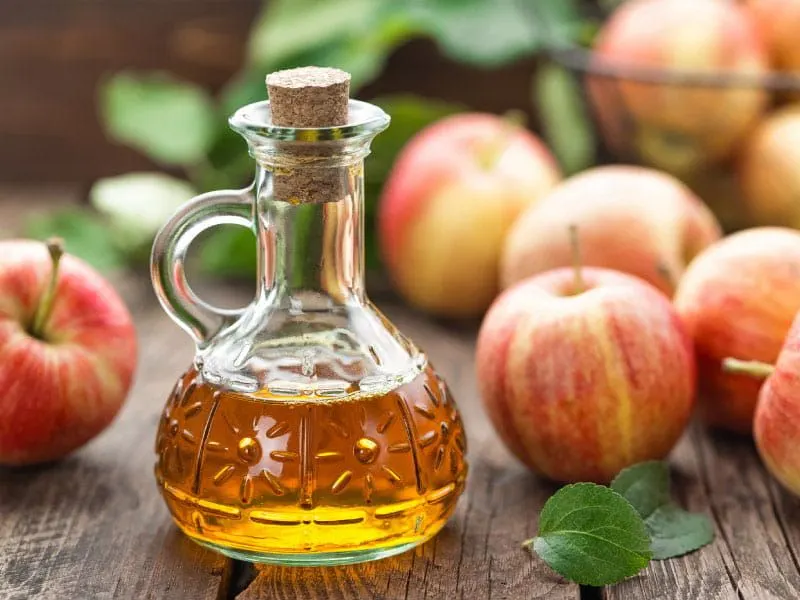
Apple cider vinegar is more than a health tonic; it’s an effective fruit fly trap. Its sweet, tangy scent attracts fruit flies into a trap.
Combine apple cider vinegar with a few drops of dish soap, leaving it in an open dish. The flies are drawn in and trapped by the liquid.
Fun fact: Apple cider vinegar was used by ancient Egyptians as a natural preservative and cleaning agent.

